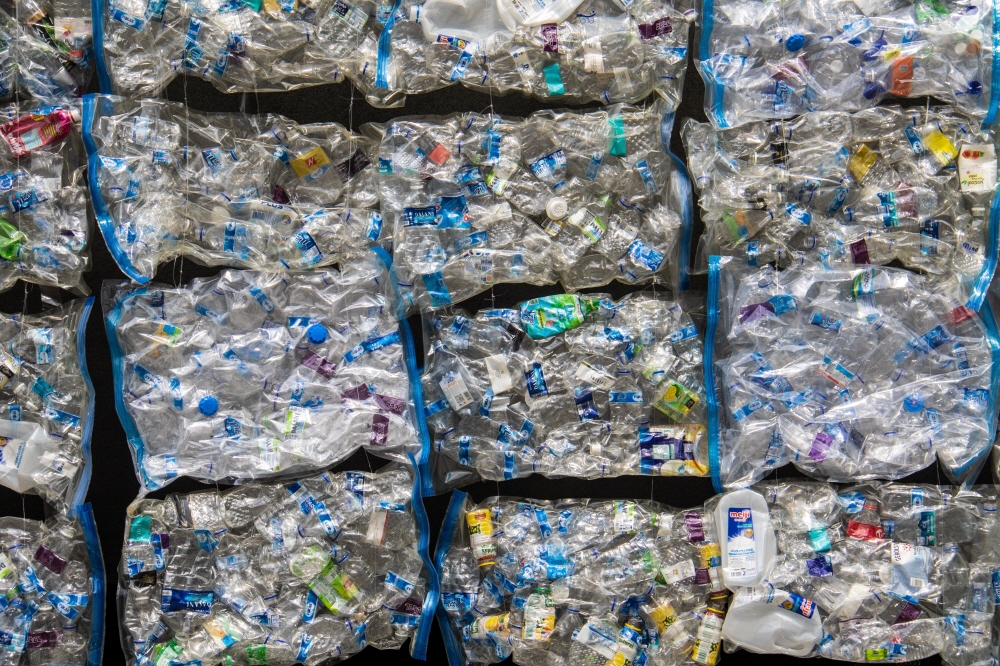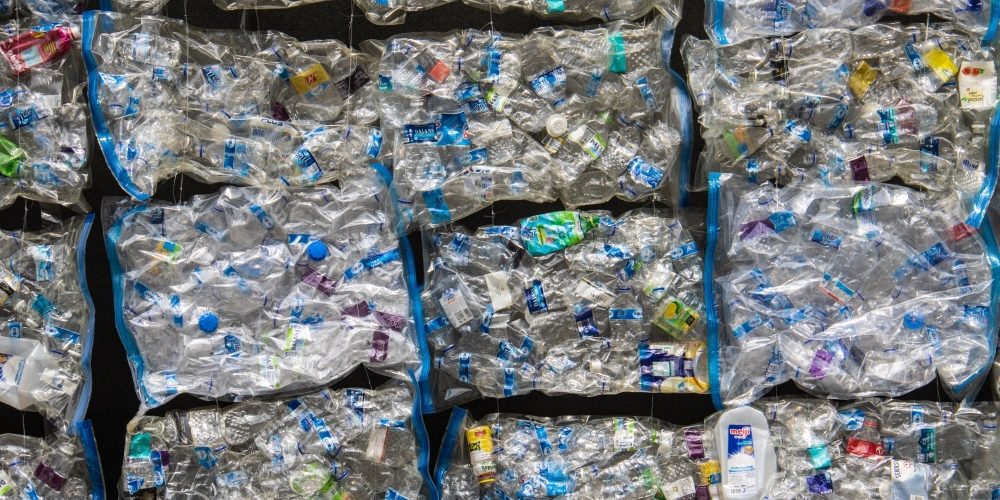
A research team at the University of Edinburgh has come up with a solution that unexpectedly contains novel ideas to solve the problem of plastic pollution. The goal is to replace waste plastic with bacteria and vanillin, which is the basis for the vanilla flavor.
Recent research has shown that bacteria help break down plastic. A research team at Hong Kong Polytechnic University is studying a method to capture microplastics scattered in the oceans and the like using an adhesive bacterial biofilm.
Researchers at the University of Edinburgh have demonstrated that using bacteria created artificially in a laboratory can not only rapidly decompose plastic bottles, but also convert them to vanillin, a vanilla-scented ingredient. Massive implementation of this transformation could also promote a circular economy aimed at eliminating plastic waste and continuing to use products or materials. It is also expected to have a positive impact on the field of synthetic biology.
50 million tons of PET bottles are discarded every year. The research team reported that 79% of terephthalic acid can be converted into vanillin by adjusting the reaction environment using E. coli to treat terephthalic acid recovered by decomposing PET with a catalyst.
Vanillin is a major chemical component extracted from vanilla and is used not only as a food fragrance, but also in cosmetics, detergents, herbicides, and defoaming agents. In 2018, 37,000 tonnes of vanillin were used worldwide. If the production of vanillin from plastic bottles is scaled up, it is possible to think of the possibility of becoming a new source of supply for the products made through this process.
The research team explained that this study is the first example of recycling waste plastics into valuable industrial chemicals as a biological system, and has great significance in realizing a circular economy by increasing sustainability. The research team added that this result will serve as a basis for further research to increase the production of vanillin to an industrially necessary level.
As for vanillin, the demand for vanilla currently exceeds the amount made from natural vanilla, so chemically synthesized ones are often used. As mentioned above, if put to practical use, it can help reduce waste plastic disease and realize a circular economy. Related information can be found here.


















Add comment